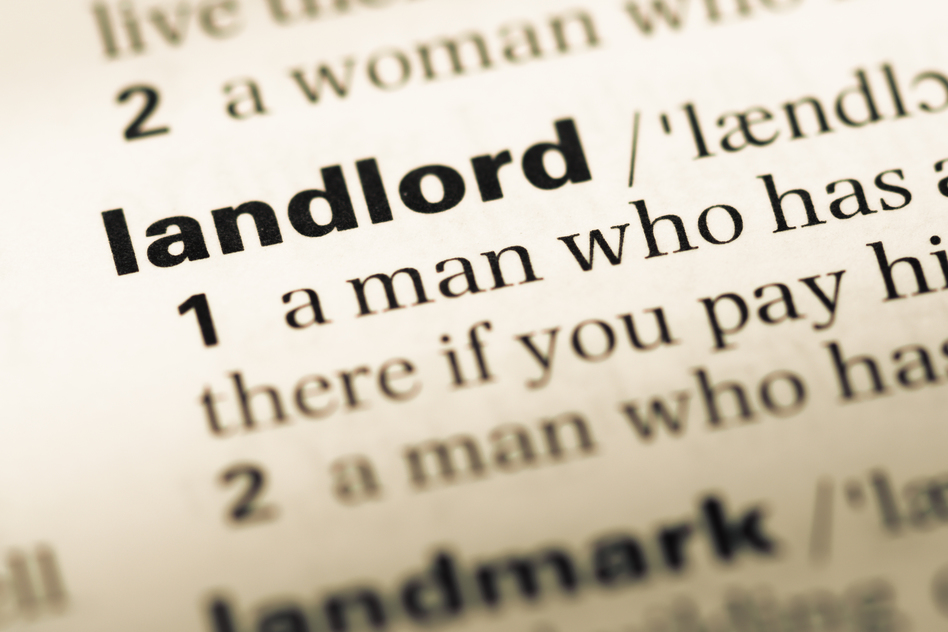Checking out of a rented property can still present problems for those needing to maintain social distancing. The Deposit Protection Service (DPS), therefore, has issued new guidance to landlords and tenants in England and Wales about the final handover.
Outlining the guidance in a story dated the 24th of June, Landlord Today, reminded readers that the government announced changes in the restrictions on moving home during the current pandemic.
Although the easing of restrictions meant that landlords could make the necessary visits to their let property to facilitate tenants moving in and out – to take hand-over inventories, for example – they could do so only by minimising any physical contact. To maintain the necessary social distancing between landlords and tenants, one option, suggested government advice, was for tenants to stay in a different room during any visit by their landlord.
To ensure a smooth checking out and hand-over, that avoids any misunderstanding or dispute over a deposit that needs to be repaid, the Deposit Protection Scheme suggests:
Contact details
- if there is subsequently a dispute about the return of a deposit, arbitrators will need the telephone numbers or email addresses of both tenants and landlords – so make sure you retain a record of these;
Cleaning
- charges for the cleaning bill are at the centre of 63% of the disputes over the return of security deposits, says DPS;
- but precautions introduced because of the pandemic mean that landlords may need to spend more than usual on performing a deep clean before re-letting the property;
- unless you carried out such deep cleaning before your current tenants moved in, you cannot reasonably charge them for the deep clean that now needs to be made when they are moving out;
Deposits cannot be used for rent
- both landlords and tenants need to remember that a deposit cannot be used to pay any rent that falls due;
- if a landlord has reduced the rent payable, for example, it cannot be recuperated simply by withholding the return of some part of the deposit;
- if tenants are having difficulty paying the rent, that needs to be taken up early with the landlord and any lingering issues communicated to the deposit-holding company;
Picture it
- date-stamped photographs continue to play an important role in recording the condition of any let accommodation at the end of a tenancy, if a face-to-face visit and inspection is impossible because of coronavirus precautions;
- photographs may also be used for estimating the likely cost of repairs to any damage;
Gas and electricity safety checks
- despite the potential restrictions on access to let property, landlords continue to be responsible for maintaining gas and electricity installations in a safe state of repair and for conducting the necessary periodic checks and certification;
- nevertheless, there may be inevitable delays in arranging for those inspections to be carried out – pending the further lifting of lockdown restrictions;
Keep DPS in the picture
- if either landlords or tenants encounter any problems in gathering the evidence necessary for a smooth check-out at the end of a tenancy, DPS needs to be informed as soon as possible.
Although the situation for both landlords and tenants may be slowly returning to a new “normal” there are still situations in which it may be difficult to conduct final inspections and inventories at the end of a tenancy – and these are necessary, of course, to decide on the amount of any deposit to be returned to tenants.
The suggestions outlined by DPS are designed to avoid such difficulties.
Please note, this information is correct at the time of writing, but may be liable to change.








